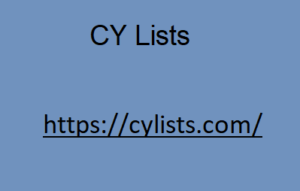|
|
This means that websites and their corresponding posts that are written in a country’s native language will have a massive opportunity in gaining a worldwide audience base. So, for example, I’m writing about my experiences as a motivational speaker, but I wrote in my native language of Filipino – my article or post would possibly be able to reach someone that’s searching for information on motivational speaking from the other side of the world through the help of MUM. Of course, this necessitates that the information I wrote is beneficial and relevant to the searcher. But if it is, then my post or article that was initially intended for Filipino readers/speakers just reached someone from a thousand miles away – allowing me to tap into a wider audience.
The second reason would be Google MUM removing limitations set by different platforms/modalities of content. If MUM can retrieve and understand information from different modalities, then this could mean the search results would contain CY Lists podcasts, youtube videos, etc. Since information retrieval and display aren’t limited to just one content type (text). Key Takeaway The reasons mentioned above are just mere assumptions. Although it would be a bigger and better search landscape, it would also lead to a completely new and different set of SEO strategies, tactics, and techniques. Absolutely.

Providing more sources of information and being able to understand more complex queries that were otherwise accepted as impossible for machines, MUM will be changing how users search. Will this be a good thing for SEOs and webmasters? Let’s wait and find out once MUM is rolled out. What do you think of Google MUM? Let me know your opinions in the comments below!If you’re looking to start selling your products online, product page SEO should be an important part of your strategy. While in brick and mortar stores customers can physically handle and inspect products at close range, they aren’t afforded the same luxury in online stores.
|
|